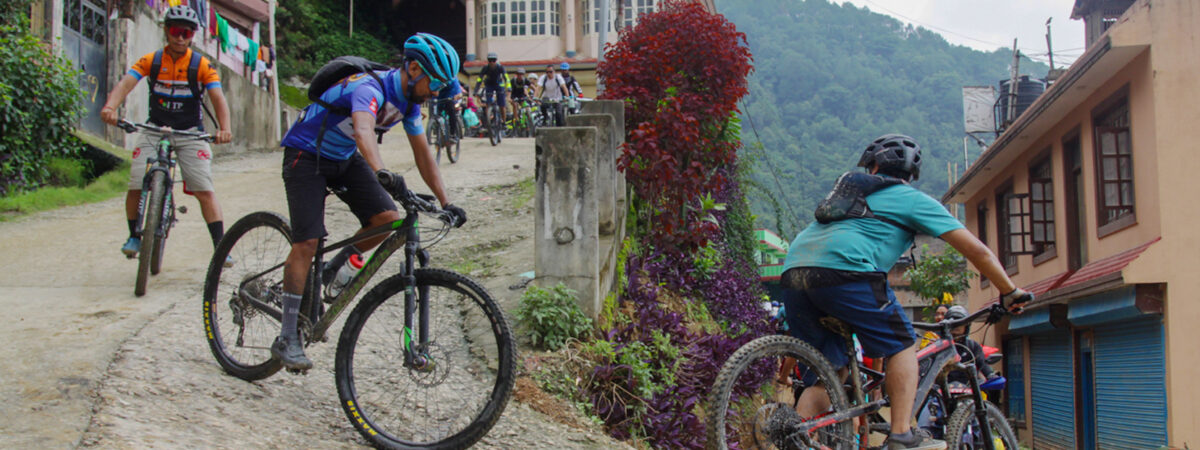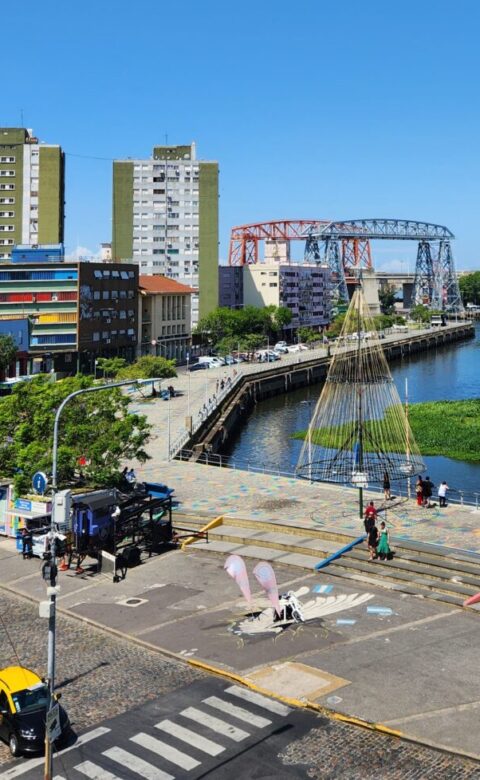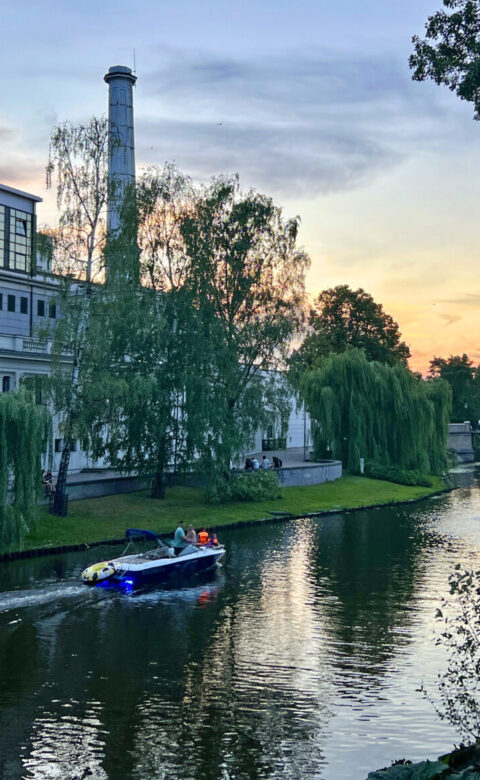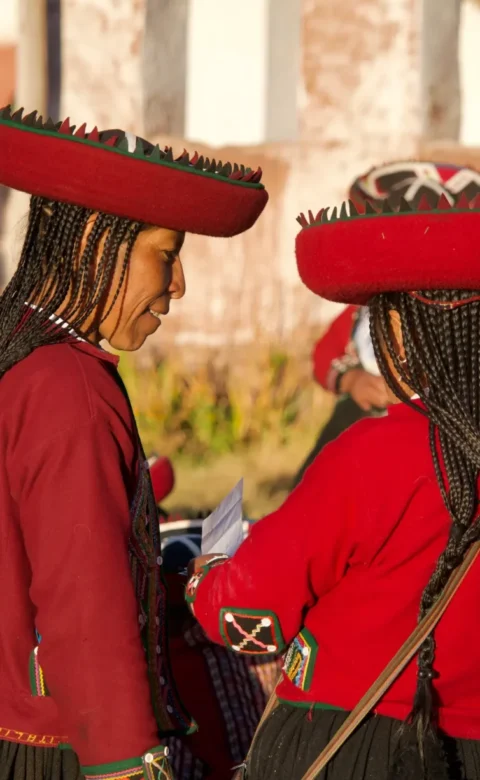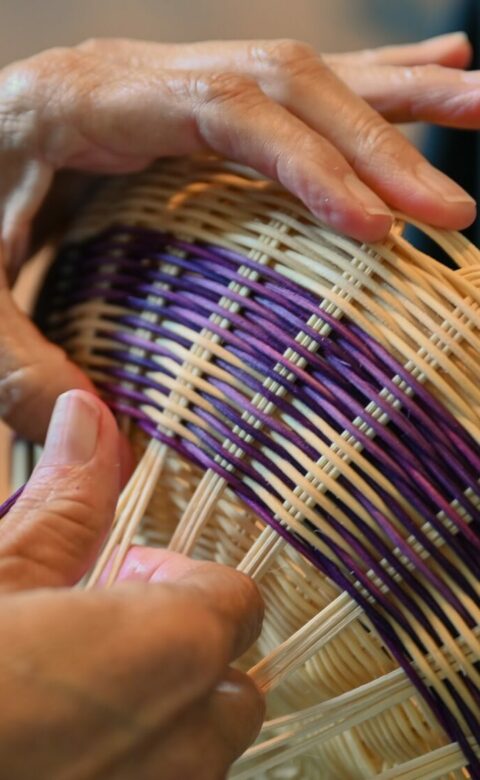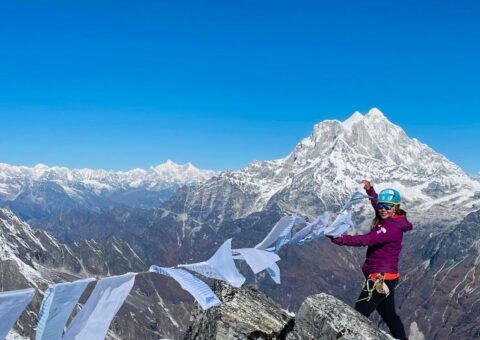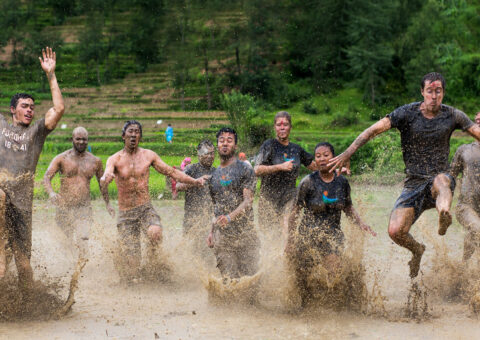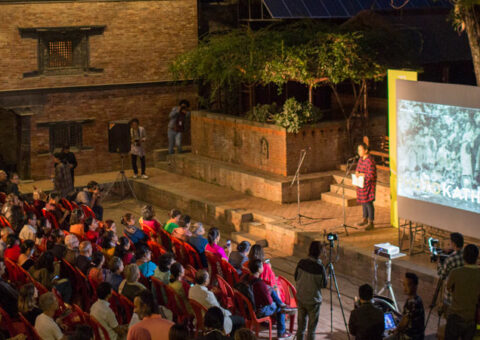On the third Saturday of July every year, Patan Durbar Square is unrecognisable. Mornings in the square, which is central to the old city of Patan, are typically laid back and quiet; you’ll only find a handful of people, some sipping their first tea of the day, and some out for a walk or a run. But on one particular Saturday every year, the place is filled with hundreds of people. The excitement in the air is undeniable and the sight one to behold.
What’s happening is the Kora Cycling Challenge, an annual event where thousands of cyclists gather and go on a ride together.
“It’s incredible that what started as a small event in 2011 with just a couple of dozen cycling enthusiasts trying to raise funds has today become one of Nepal’s biggest outdoor events,” says Raj Gyawali, the founder of Social Tours, a travel company based on responsible tourism principles. Gyawali organises the annual cycling challenge with two other partner companies — Cycle City Network Nepal and Pangro.
And indeed, the Kora Cycling Challenge has become perhaps the biggest charity ride in the Himalaya, with over 4,000 riders covering close to 175,000 km every year, in several locations in Nepal and around the world. So, what is it that makes Kora so special?
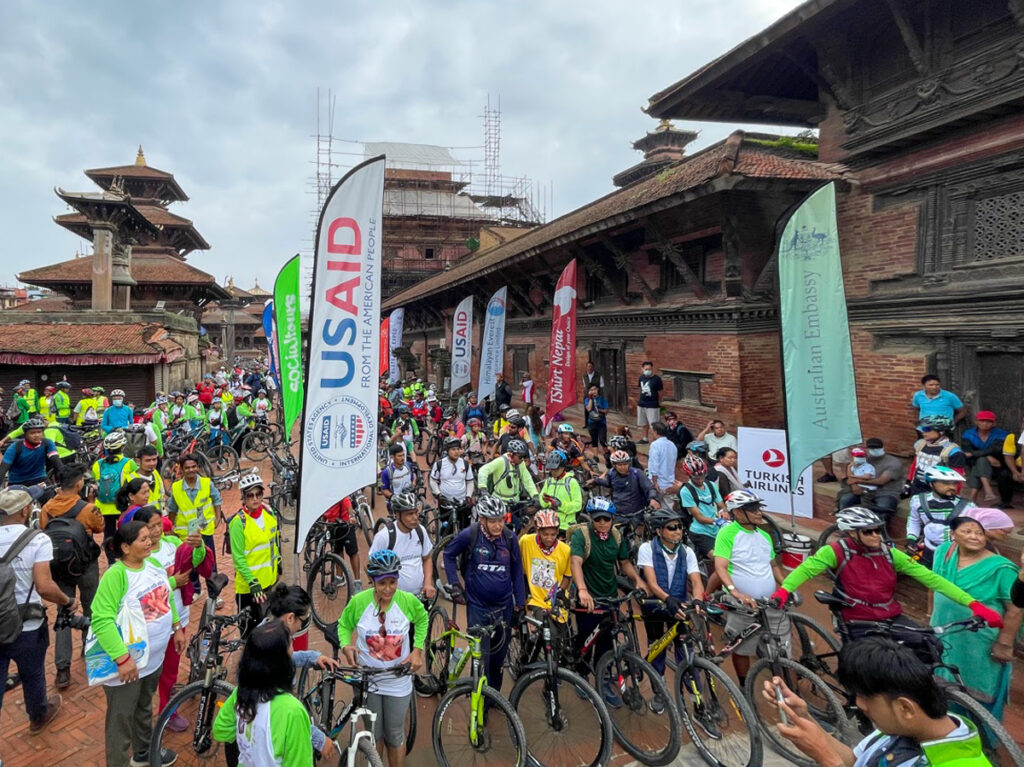
“I believe the charm of Kora lies in the fact that multiple things are happening at the same time for different people, and there’s a festive feel to it,” Gyawali says.
“Being a part of Kora makes people feel like they are part of a community, belonging to something bigger than themselves… a larger community, locally, nationally, and globally,” explains Diwash Pradhan, managing director of Pangro, an outdoor event management platform.
Truly, the Kora Cycling Challenge is open for everyone, of all abilities — from those just learning to cycle to those who have been cycling for decades — and rides can range anywhere from 50 km, to 75 km, and even 100 km.
The event is also a wonderful opportunity for people to make new friends and expand their network. People from different walks of life, belonging to various professions, participate in the challenge and the only thread that connects all of them is their love for cycling.
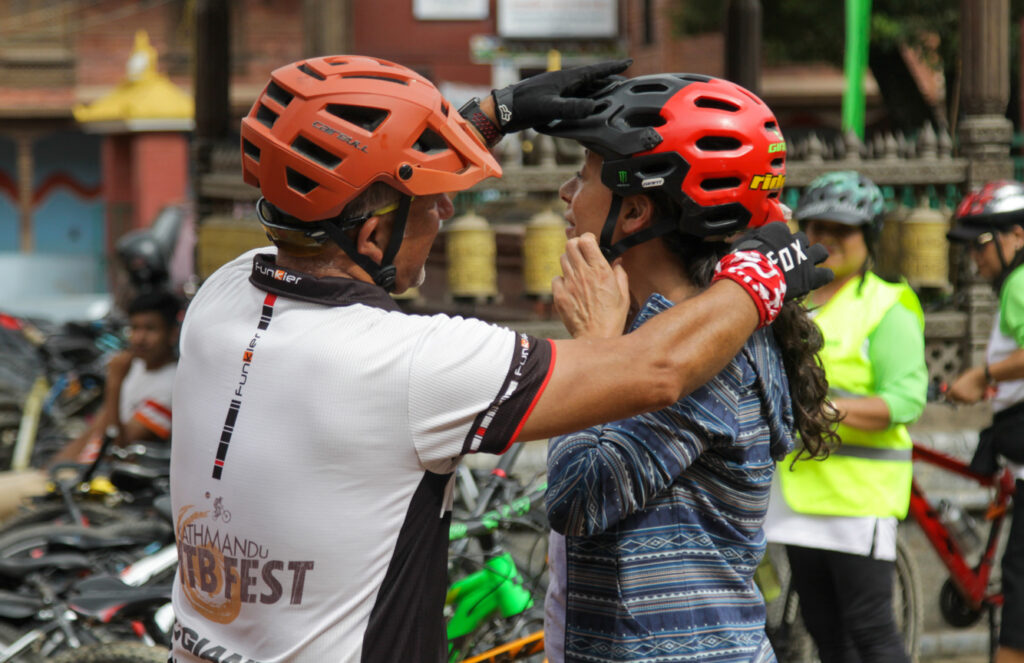
“The whole idea behind Kora was to cultivate a community around cycling, and to have fun in the process,” says Gyawali.
The energy of the event is so palpable that communities spread across the Kora trail come together to celebrate with riders even though they themselves are not riding.
“We have been doing this ride every year for the past 13 years; along the trail every July everyone kind of expects us to come, and Kora has become like a festival of sorts for those who live on the trail, with people setting up water booths, DJ booths, etc,” says Sailendra Dangol, a former president of Cycle City Network Nepal who now engages with Pangro.
But the Kora Cycling Challenge has gone beyond just Nepal’s cycling community. It is not only helping build a sense of community but also urging people to be more engaged in the world around them and helping make positive change. A major component of the event is its focus on giving back.
Thus, every year, the team of Kora works on a social cause. In the past, it has contributed to developing birthing facilities and health posts in remote villages in Rukum, Baitadi and Dolakha, raised funds for Samata Foundation, a non-profit that works in research and advocacy for marginalised communities, and supported the building of cancer screening centres and cycling trails as well.
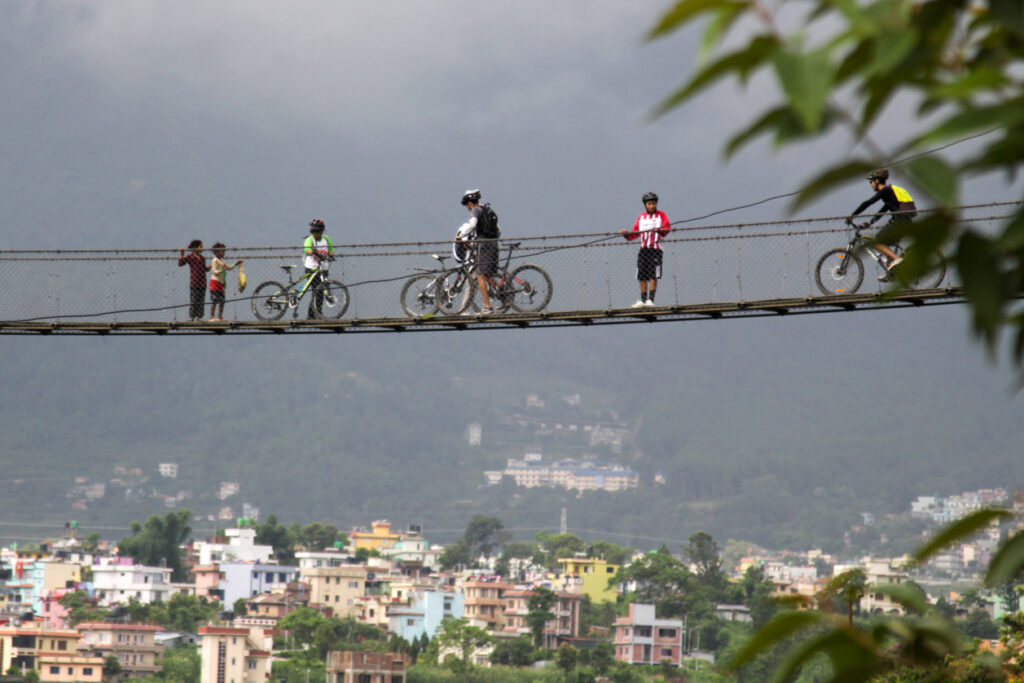
In 2023, the proceeds generated went towards relief work for the earthquakes in Turkey and Syria.
“[The scale of] what we’re doing and how much we manage to raise is not huge but we are trying to help, as much as we can, and in doing so we hope to impart that same attitude of giving back to others,” Gyawali points out.
But what makes the Kora Cycling Challenge even more special is how people have made it their own. After finishing the Kora, a lot of participants have gone on to recreate it in their hometowns and native countries, organically growing this community of cyclists, making this festival perhaps the first of its kind in the country to be replicated elsewhere. The Kora Challenge takes place in several countries, like Singapore, Canada, and Malta, in addition to about 18 locations in Nepal.
Satish Niraula, a cycling enthusiast and an educator, is one such person; Niraula took part in the Kora Cycling Challenge in 2018 in Hetauda, a fast-developing city almost 90 km west of Kathmandu. “After participating in the challenge there, I felt the need to organise the same in Nepalgunj, where I am from. So from 2019, I started the Kora Challenge there as well and we have been doing it every year since.”
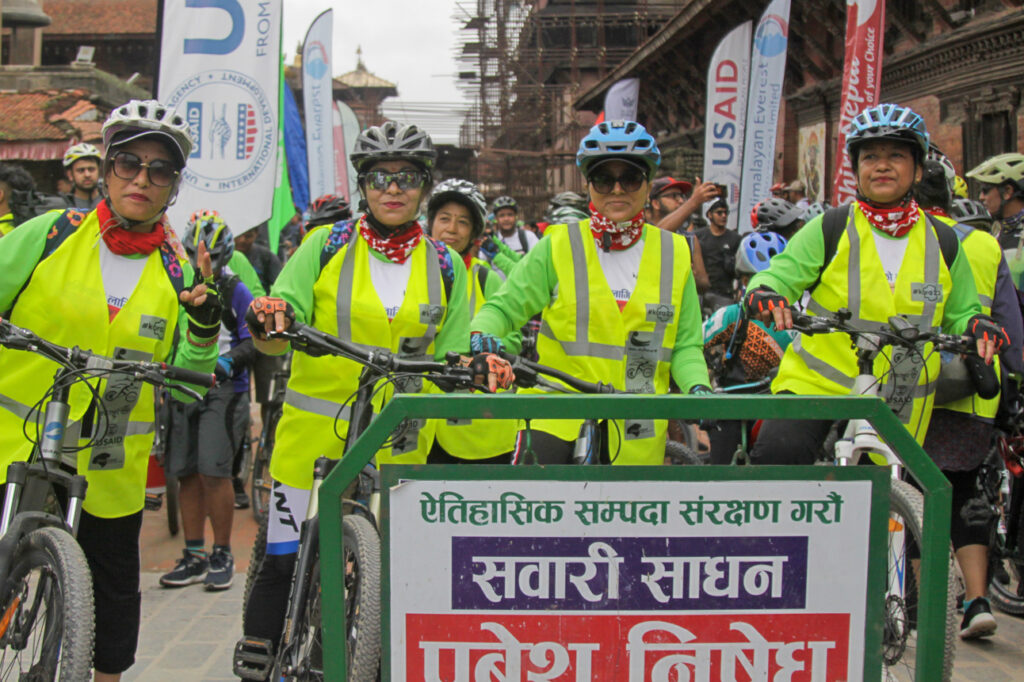
Such dedication makes the Kora team strive to do better with each passing year, to be more welcoming to new people and strengthen its community. For the past few years, they have been working to become more gender inclusive as well.
“We have made some good progress, with almost 37% of recent participants identifying as female,” says Chakshu Malla, president of Cycle City Network Nepal. The team also gave basic cycling training to female volunteers to encourage more participation.
“Many of these women are new to cycling and events such as these open up new possibilities for them. Hopefully, more women will join us each year,” he added.
And it is this sense of achievement and community that people get by being a part of Kora that is keeping the festival alive and thriving: “That sense of being a part of something bigger than our individual selves is what keeps the faith intact, and what perhaps brings people back every year.”
Photos: Rakesh Prajapati. Raj Gyawali, one of the organisers of the Kora Cycling Challenge quoted in the article above, is also one of the driving forces behind Resonate and Ethical Travel Portal.

